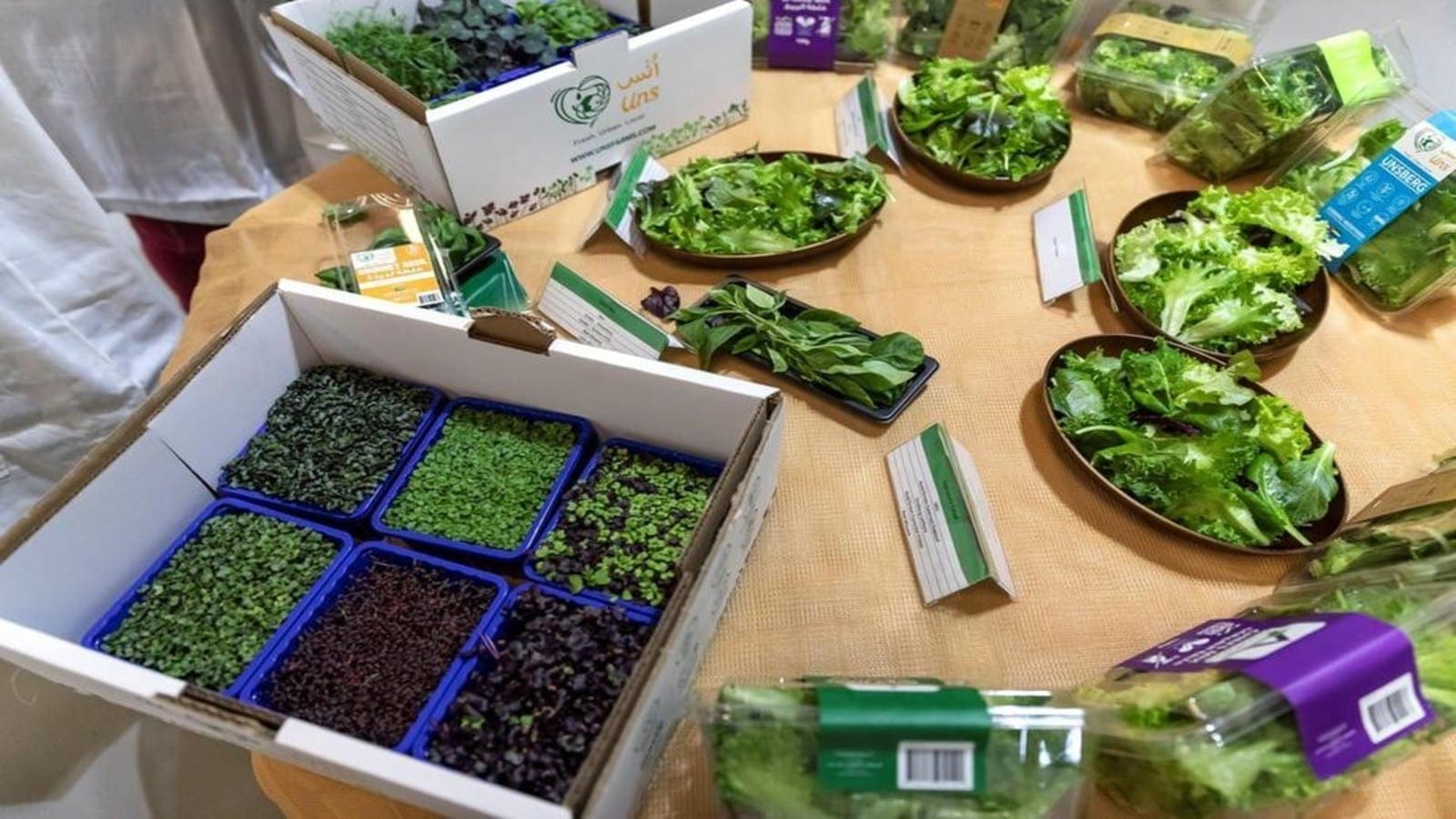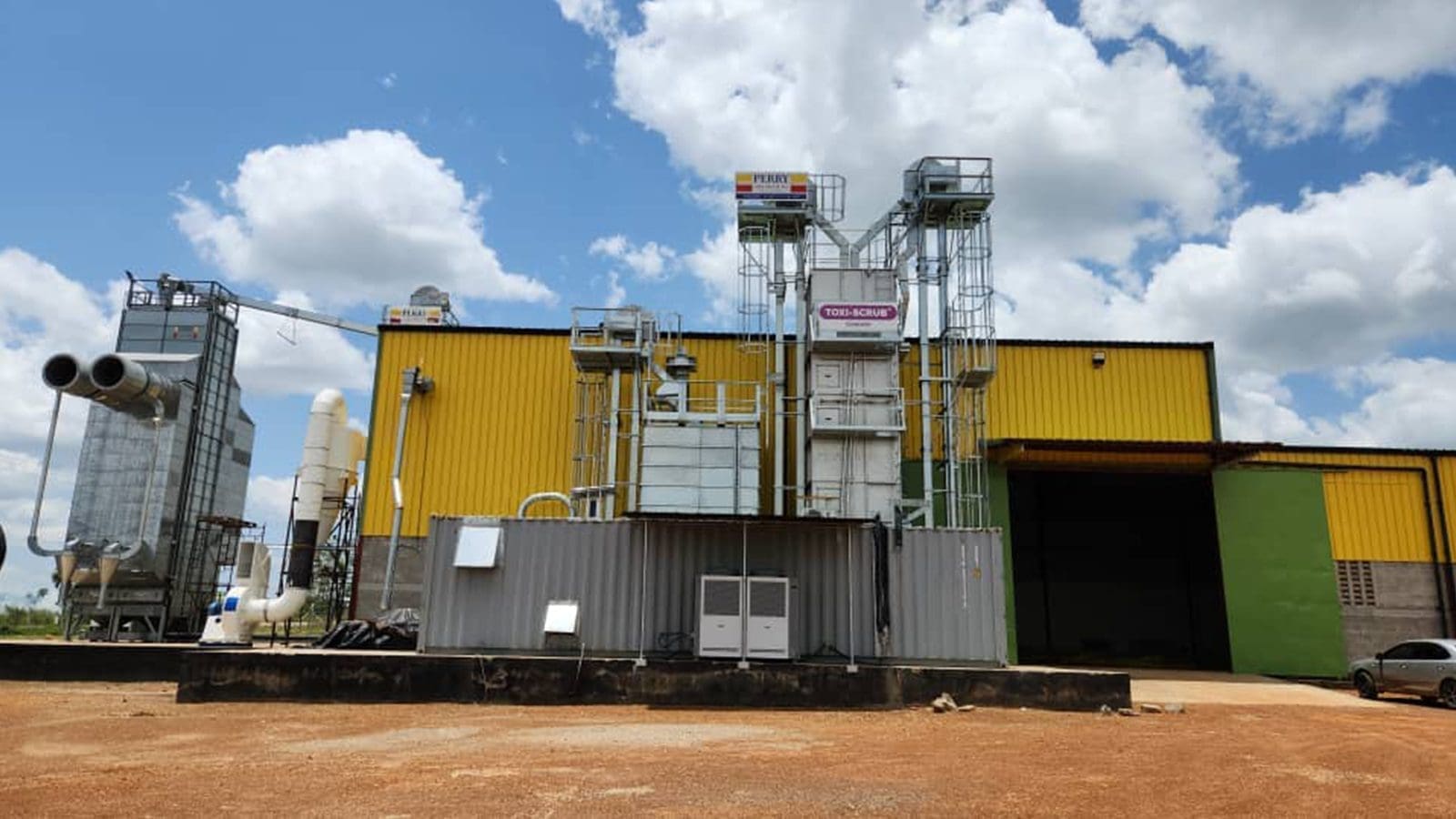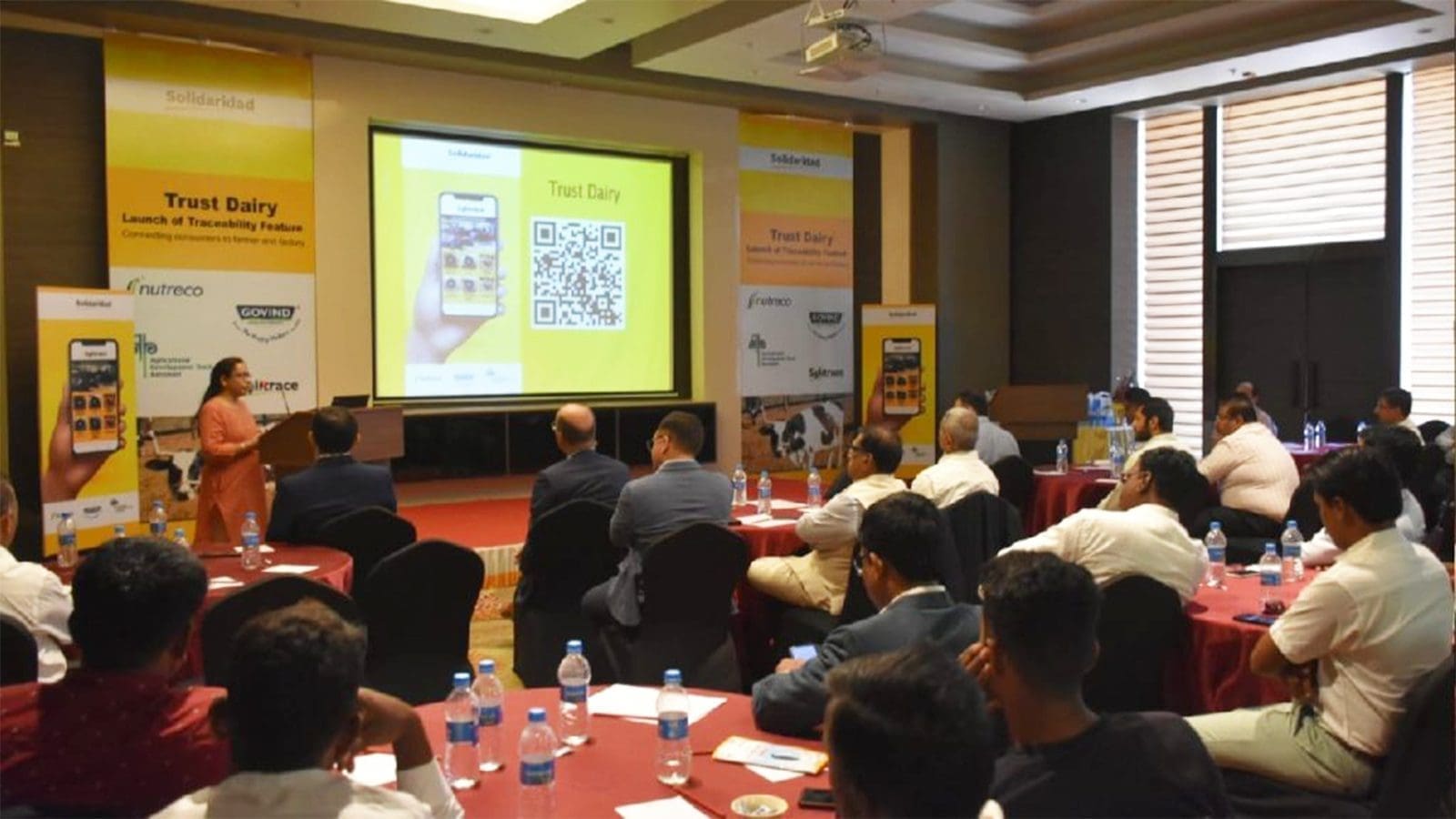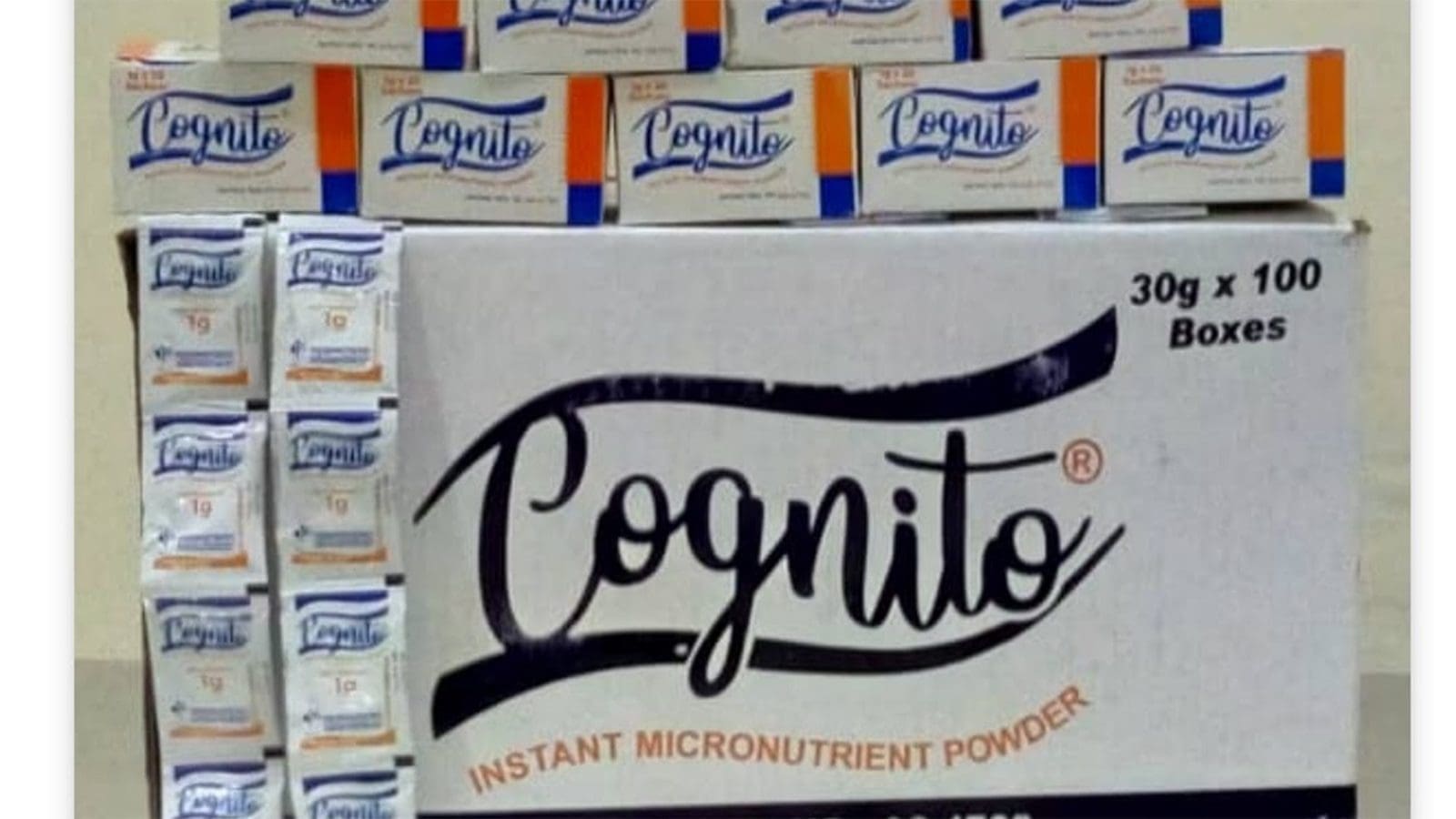UAE – The corona pandemic has focalized the world’s attention on food supplies specifically in the United Arab Emirates (UAE) which imports about 90 per cent of all its food.
In the previous year the pandemic coerced the UAE to assess its food supply chain after the country experienced some initial disruption.
The Minister of State for Food Security, Mariam Al Mheiri, has revealed that the authorities responded swiftly to guarantee people’s access to vital products.
The government’s policy in supporting Agri-tech companies to increase local food supply also helped.
This has seen them tighten their food safety regimens and over the next two months, a new food safety standard system will be launched under a ministry of Climate Change and Environment initiative.
“Now only food that falls into the A category will be allowed to enter the UAE.”
The minister of Climate Change and Environment – Abdullah Al Nuaimi
The minister of Climate Change and Environment Abdullah Al Nuaimi has stated that the rules will ensure only acclaimed products that comply with the highest international standards will set foot in the country.
Mr. Al Nuaimi told The National, that food previously imported into the UAE fell into three categories-A, B and C- with A representing the highest quality.
“Now only food that falls into the A category will be allowed to enter the UAE,” he said.
His comments came as the country launched an initiative to encourage more young Emiratis to consider careers in agriculture.
Five centers are to be built by the government where Emiratis interested in learning about animal and crop agriculture, beekeeping and aquaculture will spend up to 18 months undergoing training.
The first center known as, “youth food security stations”-will be built in Abu Dhabi and more will follow.
It is hoped hundreds of Emiratis will be trained up to become agricultural experts in a few years to come.
During the recent years there has been an escalation in the number of UAE food manufacturing companies including farmed fish in Jebel Ali and leafy greens grown under LEDs in Abu Dhabi. This project aims to support these trends.
Mr. Al Nuaimi said the plan was for Emirati youths to spend much longer than the initial 18 months in the training institute.
“It’s not a year and a half-it’s a career for the youth. We are designing agriculture into the future and we want people taking part to establish their own stations and own businesses,” said Mr. Al Nuaimi.
“This isn’t about planting food for the good times-it’s for emergencies,” he said.
MS Al Mheiri also backed the initiative stating, “As a source of hope for a better future, youth empowerment and capacity building is a key element of advancing the UAE’s vital priorities, including food security.
“To this end, the youth food security stations will engage Emirati youth and harness their power to create innovative food projects.”
The initiatives are further set to drive the growth of the agriculture sector in the United Arab Emirates which is projected to register a CAGR of 3.2% during the forecast period of 2021-2026, according to Mordor Intelligence.
The UAE with high per capita food consumption of about 1,500 kg per year is the most promising agriculture market in the Gulf Cooperation Council (GCC) region.








